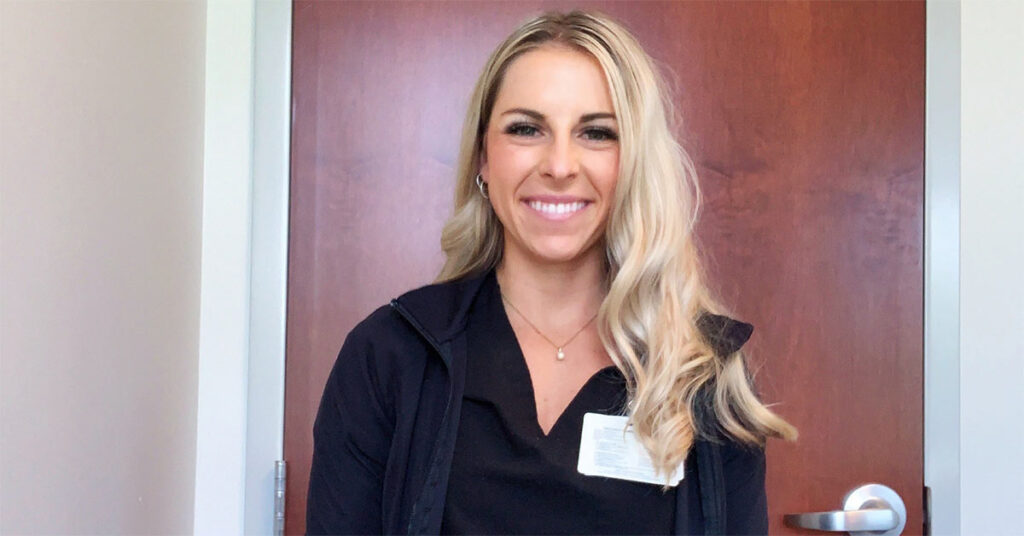Missouri State University alumna Jessica Rhodes was only 15 years old when she began her college career.
Now 20 years old, she will graduate with a master’s degree from Evangel University in spring 2024.
How her college journey started

Rhodes was born to parents Ron and Connie Rhodes in San Dimas, California, in 2003. She moved with her family to Ozark, Missouri, in 2009.
Her mother, Connie, homeschooled her through Classical Conversations in Nixa, Missouri. Rhodes believes her experience with Classical’s homeschool education helped set the tone for how she approaches education. It gives students the tools of how to learn and how to differentiate what is true with a foundation rooted in Christ. This prepared Rhodes for a college education at a much earlier age.
Her college journey began when she chose to take an English course through Ozarks Technical Community College’s (OTC) Richwood Valley campus when she was 15 years old. She excelled in the course and asked the dean’s office if she could enroll in more courses.
She wound up with 70 credits worth of dual enrollment courses by the time she graduated from OTC with her associate degree in 2021 at the age of 17.
“I never thought I was going to get anything more than an associate degree,” Rhodes said. “But after receiving it, I realized I could continue my studies without going into debt and do it before I turned 20-years-old. Everything just lined up.”
Joining Missouri State
Thanks to Missouri State’s transfer program with OTC, Rhodes came here in fall 2021 to complete her bachelor’s degree. She majored in psychology in with an emphasis in industrial and organizational psychology and minored in marketing.
MSU had the most opportunities through online classes, which ultimately swayed her toward attending.
“I was interested in taking classes online because of my learning style and I like to pace myself,” Rhodes said. “Additionally, since my goal was to graduate debt free and with a resume full of valuable experience, online courses made it so that I had the ability to simultaneously excel in multiple areas of life.”
Her biggest supporter at MSU was her former advisor, Dr. Jeffrey Foster. He is also an assistant professor in the industrial and organizational psychology program.
“He really encouraged me to think beyond a bachelor’s degree, made excellent recommendations for courses to enhance my expertise and overall learning experience as well as welcomed me onto his research team,” Rhodes said.
He also inspired her to apply for the organizational leadership master’s program at Evangel University. She got accepted within 12 hours of applying at the age of 18-years-old.
After graduating with her bachelor’s degree in fall 2022 at age 19, Rhodes moved on to pursue her master’s degree.
Staying strong through the struggles
Rhodes expressed there were many challenges that came with being a college student so young. A main one was the negative perception of her age.
Classmates “would completely pull away” when they found out her age because she was not at the spot everyone thought she should be at.
She notes society puts a lot of pressure on where you should be at a certain age. Despite this, she encourages young people to “pave their own way.”
“It’s important not to stay stagnant. It’s important to experience hardships and difficulties,” Rhodes said.
Words of inspiration
While she does not believe every child has to go to college to be successful in what they are passionate about, she does believe they should “continue to apply their minds” and be a “lifetime learner.”
She hopes to encourage kids to not “feel the pressure just because everyone else is going one specific direction in life.” And if they do join the college world, they “have the authority to say what is right.”
“You can gain respect at a young age by holding on to your truth,” Rhodes said.
The end goal
While attending college at a young age and earning degrees were not what Rhodes had planned for herself, she is grateful for the experience.
“I wouldn’t be the same person I am today without the college experience, without the education, because there’s a sense of knowledge and understanding that allows me to not go into something blindly,” she said.
She has dreams to go into motivational speaking and inspire people through writing books. In fact, she is currently writing a book about her educational journey. She also plans to write future stories about how she got through trials with faith.
Her end goal is to have a family and be a present mother for her future children.
“Family is going to be a priority over everything else,” Rhodes said.

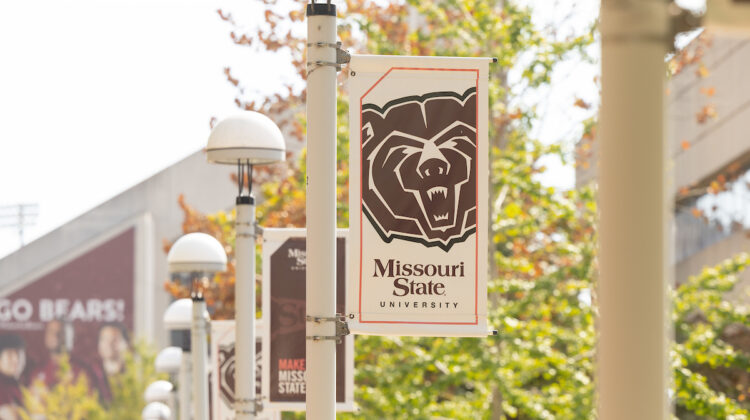
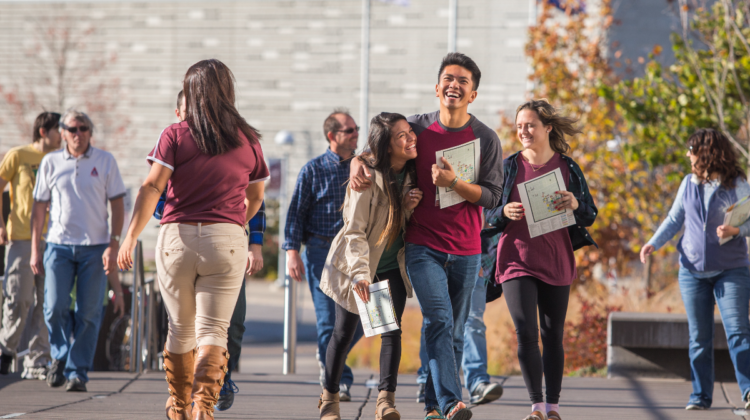
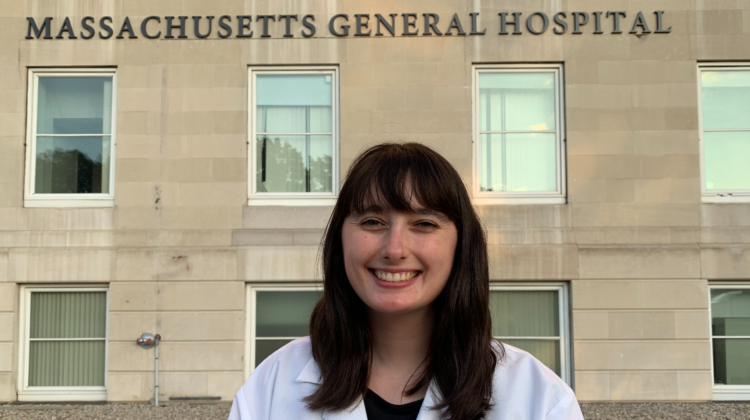
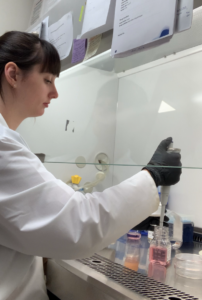
![Brooke Beilman poses with her german shepherd, [name].](https://blogs.missouristate.edu/mchhs/files/2023/06/Brooke-Beilman-and-her-dog-BLOG-750x420.jpg)
